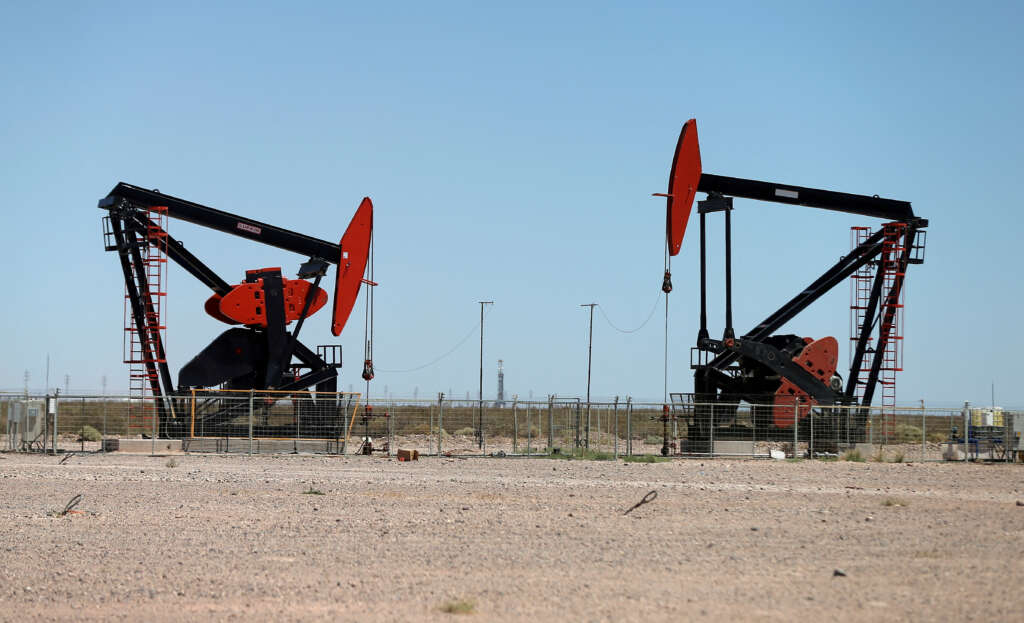
By Yuka Obayashi
TOKYO (Reuters) – Oil prices fell on Monday, ending three days of gains, on fears aggressive U.S. interest rate hikes may lead to a global economic slowdown and dent fuel demand.
Brent crude futures for October settlement declined $1.17, or 1.2%, to $95.55 a barrel by 0054 GMT, with concerns over slowing demand in China because of a power crunch in some areas also weighing on prices.
U.S. West Texas Intermediate (WTI) crude futures for September delivery, due to expire on Monday, was down $1.12, or 1.2%, at $89.65 a barrel. The more active October contract was at $89.29, down $1.15, or 1.3%.
Both Brent and WTI climbed for a third straight day on Friday, but fell about 1.5% for the week on a stronger dollar and demand fears.
“Investors were worried that a possible steep rate hike by the Fed would cause an economic slowdown and sap fuel demand,” said Hiroyuki Kikukawa, general manager of research at Nissan Securities.
“China’s power restriction in some regions is also a concern as it could affect economic activity,” he added.
China’s southwestern province Sichuan began limiting electricity supply to homes, offices and malls last week because of a severe power crunch driven by extreme heat waves and drought, according to state media and one power company.
Strength in the U.S. dollar, which was hovering at around a five-week high, also weighed on crude prices because it makes oil more expensive for buyers in other currencies. [FRX/]
Investors will be paying close attention to comments by Fed Chair Jerome Powell when he addresses an annual global central banking conference in Jackson Hole, Wyoming, on Friday.
U.S. central bank officials have “a lot of time still” before they need to decide how large an interest rate increase to approve at their Sept. 20-21 policy meeting, Richmond Federal Reserve President Thomas Barkin said on Friday.
The Fed is seen as having more room to hike rates than central banks of other large economies which are more fragile.
Meanwhile, the leaders of the United States, Britain, France and Germany discussed efforts to revive the 2015 Iran nuclear deal, the White House said on Sunday, though no further details were provided.
The European Union and United States said last week they were studying Iran’s response to what the EU has called its “final” proposal to revive the deal, under which Tehran curbed its nuclear program in return for economic sanctions relief.
(Reporting by Yuka Obayashi; Editing by Jamie Freed)


